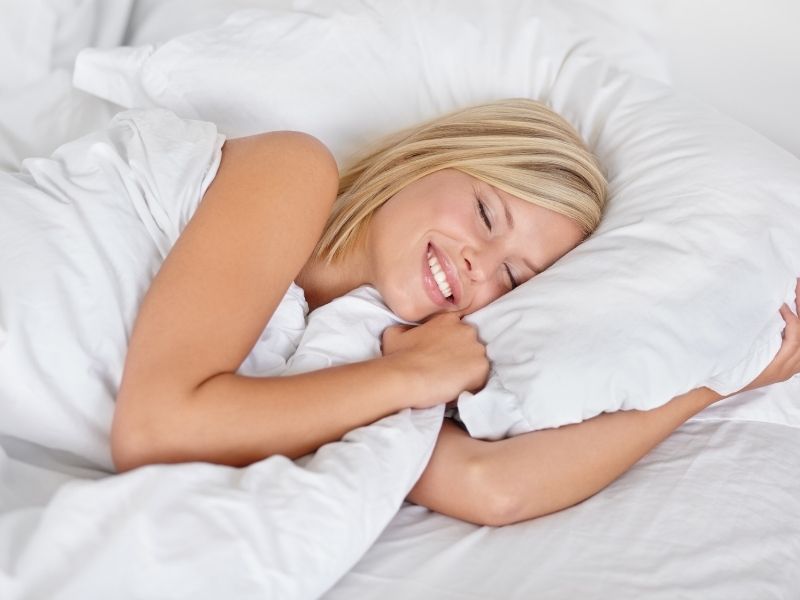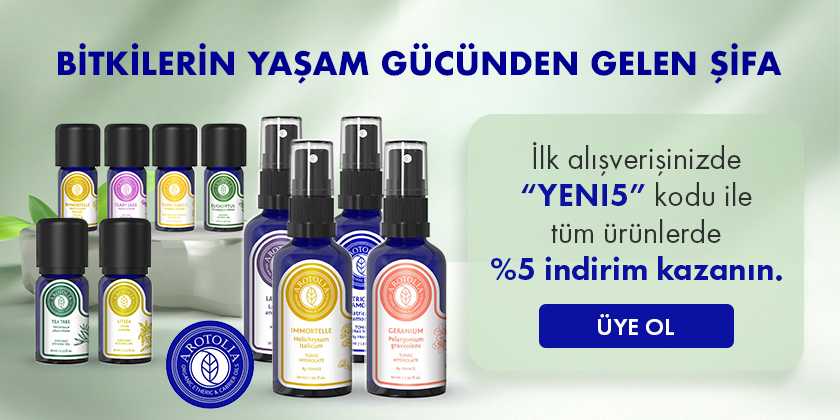
Effect of Aromatherapy on Stress Load
"If you can't experiment with something, it's called science fiction," he wrote in a book I read. try, observe and report; It turns sentences that begin with wonder into absolute truths. We're well past that stage for aromatherapy. For centuries, we have been getting help from plants in many therapies and treatments. Now we support them with experiments and put them into articles. When you pick up a cream with a calming effect written on its box, you can be sure that there are many years of research in the background for this adjective. Today, I will explain the process and results of one of these exciting studies with all its transparency.
In 2013, an article examining the effect of aromatherapy on stress was published in a scientific journal called Hindawi. This research was an interdisciplinary study created by different departments such as computer engineering, cardiology, photonics engineering and medicine. Stating that 40%-50% of all relative job losses are related to stress, the researchers examined the effect of aromatherapy on the stress experienced by primary school teachers in Taiwan. 29 primary school teachers with different age groups, gender and body mass index participated in the study.
Experimental procedures consisted of 2 phases. The first involved regular aromatherapy sessions with a natural essential oil extracted from plants, while the second included sessions with a chemical essential oil synthesized to study the placebo effect. The placebo effect is a psychologically positive result due to the use of a pharmacologically ineffective substance. In the first phase of this research, pure bergamot oil was used and the results were recorded. In the second phase, only a bergamot-like essential oil that the researchers synthesized was used, and the participants were unaware of this at all stages. In fact, 1 week was waited between the 2 phases in case these two oils were distinguished by the participants. Thus, it would be possible to determine whether these natural essential oils have a pharmacological or psychological effect.
So how did they know whether the aromatherapy sessions were good for the stress load of the participants? This is the most crucial point of the experiment. Data were collected and compared by observing the participants' autonomic nervous system activities. The autonomic nervous system consists of the sympathetic and parasympathetic systems. The sympathetic nervous system is more active when people are under physical or psychological stress. However, when this stressor is removed, parasympathetic nervous system activities come into play. This causes the heart rate and breathing to accelerate. The response of the autonomic nervous system can be monitored with HRV (heart rate variability). Since the elimination of the stress factor was achieved with aromatherapy sessions, HRV values and respiratory rates of the participants were recorded before and after these sessions. In order not to affect the physiological data, care was taken not to select the participants from the teachers with a history of asthma, heart disease and hypertension. Again, in order to record the most transparent results, they asked the participants not to consume cigarettes, coffee and alcohol 6 hours before coming to the sessions. They also recorded an anxiety inventory for each before starting the sessions. (Beck Anxiety Inventory) After all these were provided, participants were given a light workload at the end of a day; once, they applied 15-minute aromatherapy sessions at the end of a day with heavy workloads. Light workload was defined as teaching less than 2 hours and heavy workload more than 4 hours in class, and they waited 1 week between these two phases for the sake of data independence.
They measured and recorded HRV and blood pressure values just before and immediately after the session.
When all these data were obtained for 29 people, they made statistical evaluations by using methods such as variance analysis. The results showed that only natural bergamot essential oil was effective and aromatherapy treatment relieved the work-related stress of teachers with various workloads. It was also found that aromatherapy did not have a placebo effect, as no changes were observed on the autonomic nervous systems in the session with synthetic essential oil. However, some parameters were also evaluated by dividing them into subgroups.
Aromatherapy treatment had no effect on teachers who belonged to the abnormal body mass index subgroup and who had a heavy workload. Older teachers with heavy workloads responded more to aromatherapy sessions than younger teachers.
All these results and research refer to each other and expand their goals, bringing aromatherapy to the position it is today. As the flow of information multiplies exponentially, aromatherapy widens the gap between science and fiction. As this gap widens, it is skillfully infused with a filling of well-being and health. We wish you to benefit from the unique blessings of this relaxing filling…
SOURCE
The Physical Effects of Aromatherapy in Alleviating Work-Related Stress on Elementary School Teachers in Taiwan


